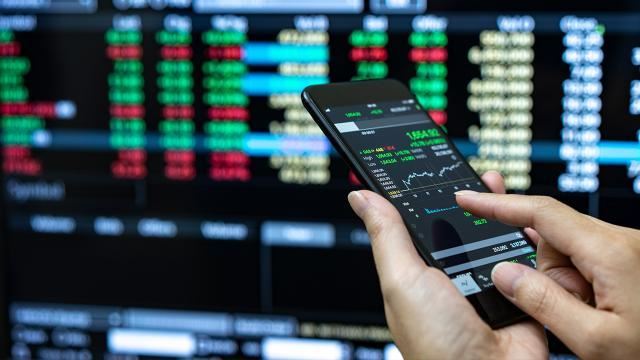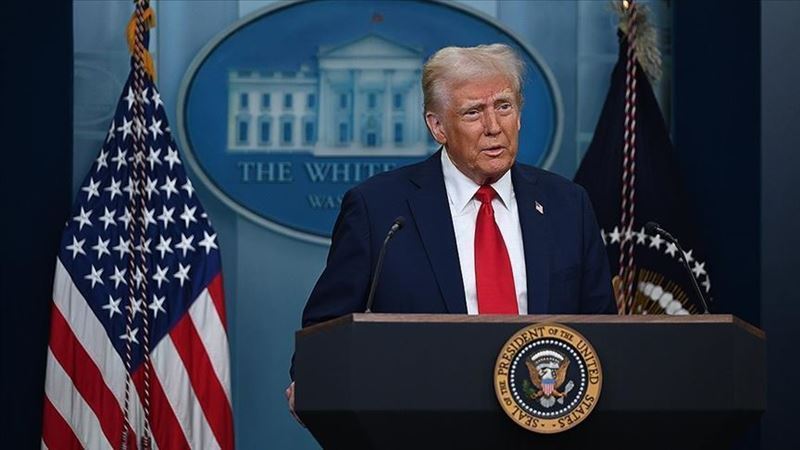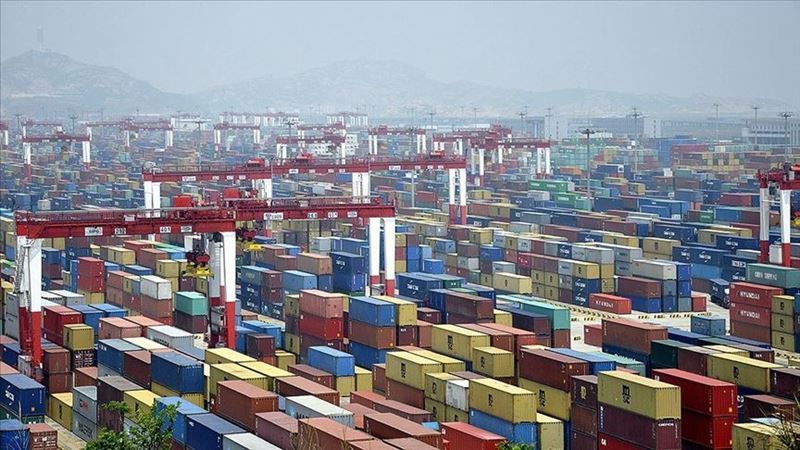With the statements that restrictions may be imposed on oil imports from Russia, which has become the world's most sanctioned country by passing Iran, Syria and North Korea due to its attack on Ukraine, the price of Brent oil per barrel tested its highest level since July 2008 with 130 dollars yesterday. .
While this rapid increase in oil prices increased the concerns about the already high inflation and the newly recovered economic growth after the epidemic, it also inflamed the "stagflation" discussions. As a result of the search for investors trying to protect themselves with the acceleration of signs of stagflation, which is known as the coexistence of stagnation and high inflation in economies, the tendency to safe havens such as gold and bonds increased yesterday.
With these developments, the US 10-year bond yields fell below 1.68%, the lowest level in 2 months, while an ounce of gold tested $ 2,000 for the first time since August 2020. The ounce price of gold decreased by 0.4 percent to $1,990 today, while the US 10-year bond yield was stabilized just below 1.80 percent. Although the price of Brent oil per barrel decreased to 117.5 dollars with positive results on humanitarian corridors in the third round of negotiations between the Russian-Ukrainian delegations, it rose to 125 dollars again today.
While there were sharp decreases in the New York stock market yesterday, the Dow Jones index lost 2.37 percent and the Nasdaq index lost 3.62 percent. The losses in the S&P 500 index, which experienced the hardest decline of the year, were at the level of 2.95 percent. The dollar index is at 99.2 today, after seeing its highest level since May 2020 with 99.4.
On the European side, the energy crisis remains at the center of the agenda with the impact of rising oil prices and mutual sanctions. While the natural gas contracts for April in Europe hit a record level of 345 euros yesterday, they fell to 212 euros before the meeting where the leaders of the EU member states will come together to discuss the energy supply. With the sales concentrated in the shares of banks and automotive companies yesterday, the DAX 30 index in Germany decreased by 1.98 percent and closed from the lowest level in 4 months, the CAC 40 index in France and the FTSE 100 index in the UK lost value by 1.31 percent. The euro/dollar parity, on the other hand, is flat today after falling to the 1.08 limit yesterday and seeing the lowest level since May 2020.
On the Asian side, while rising commodity prices create selling pressure on food and energy sector shares, internal dynamics such as debt roll-over problems in China and inflation in Japan, which are in contrast to the rest of the world, continue to exist. With these developments, Asian stock markets, which closed with losses exceeding 3 percent yesterday, continue to decline today, while Shanghai composite index is 0.9 percent in China, Nikkei 225 index is 1.7 percent in Japan, Kospi index is 0 percent in South Korea. It is trading down 0.7 percent.
Domestically, the BIST 100 index, which started the day with a decline in Borsa Istanbul yesterday and followed a fluctuating course, diverged positively from the global stock markets and closed the day at 1,997.33 points with an increase of 0.33 percent. Dollar/TL, on the other hand, is trading at 14.4050 levels at the opening of the interbank market today, after completing the day at 14.3741 with a 1.1 percent appreciation yesterday.
Analysts stated that the developments regarding the Russia-Ukraine war continue to be the main factor in investor pricing and said that the course of commodity prices is closely followed in terms of the management of inflation and growth-oriented expectations.
Analysts stated that today the Economic Coordination Board meeting in the country and industrial production in Germany, growth in the Euro Zone and foreign trade balance in the USA will be monitored abroad, technically, 1.950 and 1.890 levels in the BIST 100 index are in the support position and 2.040 points are in the resistance position. .
The data to be followed in the markets today are as follows:
10.00 Germany, January industrial production
13.00 Eurozone, 4th quarter growth
16.30 USA, January foreign trade balance
18.00 USA, January wholesale stocks











Comments
No comment yet.